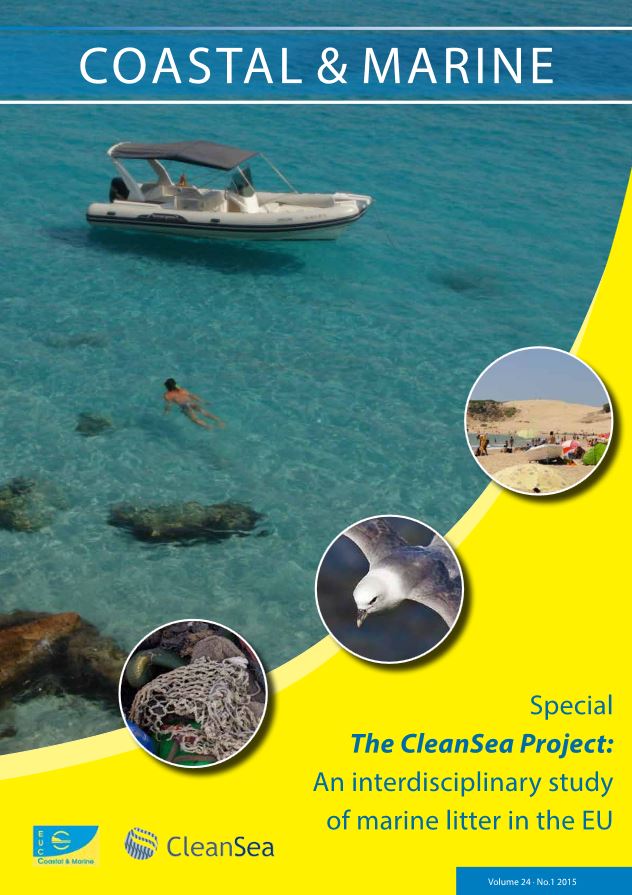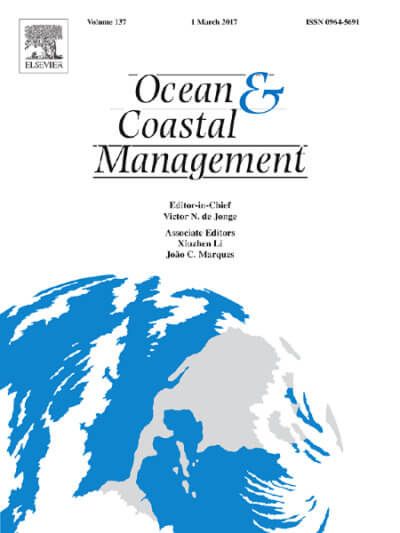
Best Practice Examples of Prevention and Management of Marine Litter in the Baltic and the North Sea
- Event
- Date
-
- Location
- Berlin, Germany
How can model cases contribute to the reduction and management of marine litter? And what added benefit do they offer to current policies and management approaches? These questions were discussed by stakeholders from German administration, industry, scientific community, and environmental NGOs together with the project team of CleanSea during a workshop on 14 November 2014 at Ecologic Institute in Berlin. The slides of the presentations are available for download.
Susanne Altvater from Ecologic Institute moderated the event and presented the goals and tasks of the CleanSea project. An interesting model case for the management and reduction of marine litter was presented by Leonnie Völsgen from QMilk Germany: a biopolymer produced from the milk-protein casein, which is obtained from non-marketable raw milk, is biologically degradable and composted within a couple of weeks upon its release in the environment. Subsequently, Nadja Ziebarth from Friends of the Earth Germany presented the shopping guidebook "Microplastic—the invisible danger" and pointed out the positive reception the project has received from both consumers and the media. A presentation on plastics in the circular economy by Henning Wilts from the Wuppertal Institute for Climate, Environment, and Energy introduced the audience to how plastics are addressed in the German waste management system compared to the waste management plans of other European countries. Finally, Michael Hillenbrand from the Association of Plastics Manufacturers, Plastics Europe, presented the "Zero Pellet Loss" initiative, which aims to reduce the loss of plastic pellets at every step along the production and logistics chain.
As an introduction to the subsequent discussion round, Ina Krüger and Stefanie Schmidt from Ecologic Institute provided the audience with a general overview of model cases for the reduction and management of marine litter in the Mediterranean, Baltic, and North Seas, focusing on the results of a CleanSea report on the gaps and barriers to the current German institutional and legal framework for the management and reduction of marine litter.
During the discussion it became clear that a mix of measures needs to be established on different levels in order to successfully reduce marine litter. For this, a stronger horizontal coordination between the different policy fields and administrative departments relevant for the sources and management of marine litter is indispensable. Likewise, the vertical coordination between different governance layers (i.e. local, regional, national, European level) also needs to be strengthened.
Furthermore, it was concluded that the existing legal framework in Germany offers room for improvement, particularly with regards to its implementation and enforcement.
The results of this discussion will feed directly into the 'roadmap' of the CleanSea project, which will support the EU Member States and other stakeholders with an improved knowledge base as well as the methods and tools needed to ensure clean, healthy, and productive marine regions.






